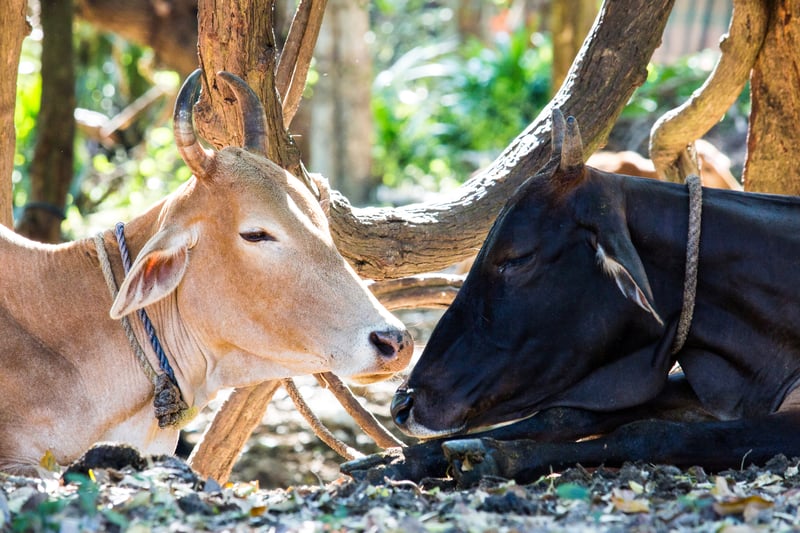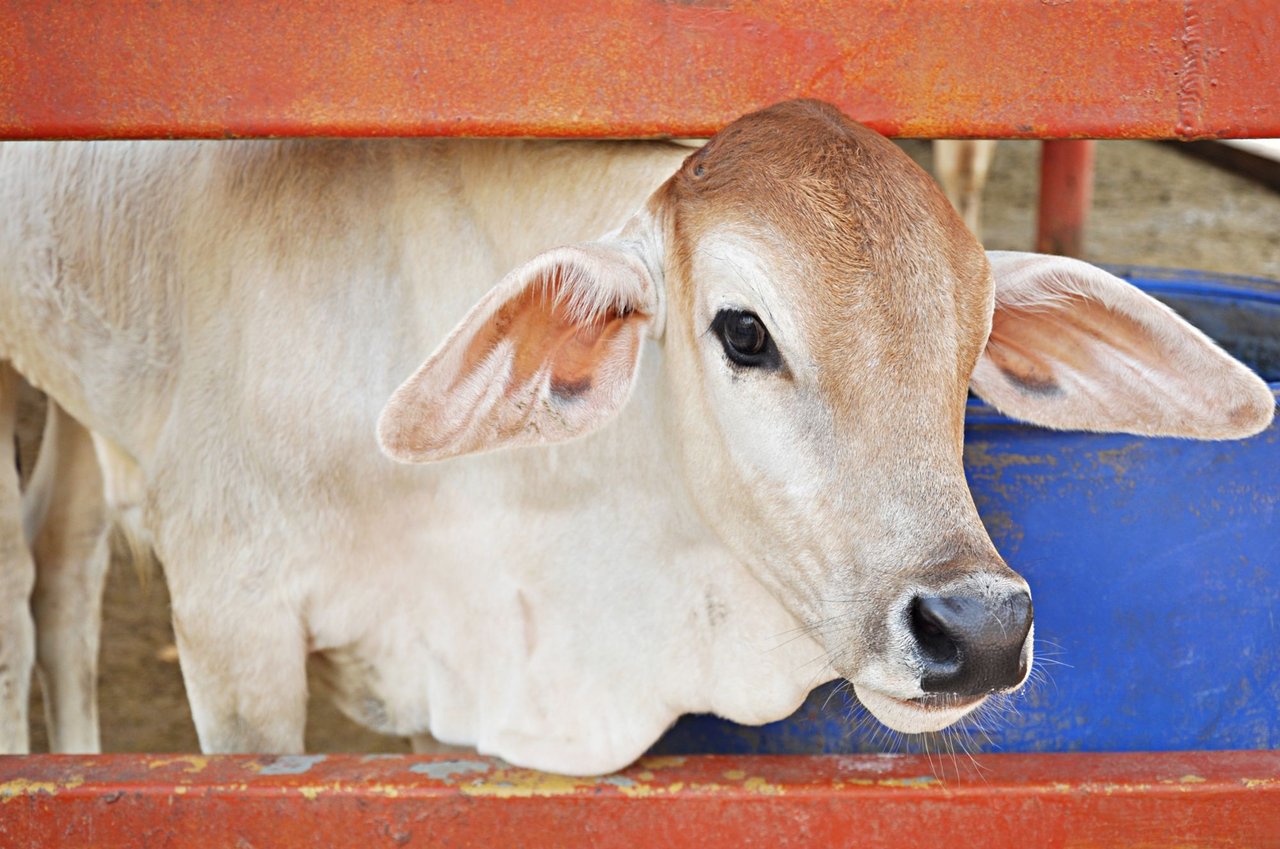
The increasing demand and ongoing pressure to reduce the costs of production has intensified animal production without taking care of animal welfare.
The increasing demand and ongoing pressure to reduce the costs of production has intensified animal production without taking care of animal welfare. Apart from these, modern commercial practices have also raised concerns about animal welfare.
Creating a mass movement
From producers, processors, retailers to consumers, all are equally responsible to create a mass movement of including animal welfare in food businesses in India. In other words, the demand (from retailors/consumers) for high welfare products is as much as required in the market as the supply (producers/processors) needs to involve animal welfare as foremost indicative of a healthy business.
The health and welfare of the animals
The health and welfare of the animals is a known barometer of the health and welfare of any food business. According to the Food and Agriculture Organisation, Animal welfare is a global common good which forms an integral part of responsible development of the livestock sector. Even a number of studies have quantified the economic returns of animal welfare and have shown that the application of animal welfare standard and practices can indeed contribute to increasing food security and income. Eventually, the care and nutrition given to animals will, in turn, provide a healthy supply of food to humans.
Higher farm animal welfare standards
The Business Benchmark on Farm Animal Welfare (BBFAW) is designed to drive higher farm animal welfare standards of the world’s largest food companies. The program currently conducts an annual evaluation on published policies and commitments and examine whether these might lead to actions that can eventually help in improving animal welfare on farms. The BBFAW found that, in 2012 and 2013, around 70% of companies acknowledged animal welfare as a business issue.
What can be a major driving force to create animal welfare?
There are a number of food companies that produce or sell products from farm animals and they make a major difference in the lives of these animals. The ideas of food companies holding responsibilities in regard to animal welfare can surely influence the welfare of farm animals. The individual company’s commitment can be a major driving force to create this mass movement of animal welfare in the country. The compelling business reasons could be regulations and legislations, pressure form different animal welfare organizations, brand and market opportunities for companies with higher animal welfare standards and consumer interests in products that carry the promise of better welfare for animals.
Happier the Animals, Happier the Humans!
A glimpse from one of our awareness program where kids wanted to have the ice creams which comes from a place where animals are happy.
In addition to Ananda Dairy, Arvind Dairy (ARLYS) and Happy Milk, we have got two more companies i.e. The Way We Were and Mukhi Dairy who have also committed to practice better welfare for dairy animals in their supply chain and discourage urban and peri-urban dairies.
With the increasing consumer concerns around animal welfare, we are also asking retailers to support the view of providing its customers with products which are sourced from suppliers where animals are provided basic minimum welfare requirements. Recently we have received a pledge sign up as well from Indian Coffee Worker's Co-operative Society Limited Delhi or Indian Coffee House, Delhi.
Stay tuned to know more about how can you be part of this big wave of better welfare for dairy animals!
Read more about our #BetterDairy Campaign.
Source:
http://www.fao.org/ag/againfo/themes/animal-welfare/aw-abthegat/aw-whai…

